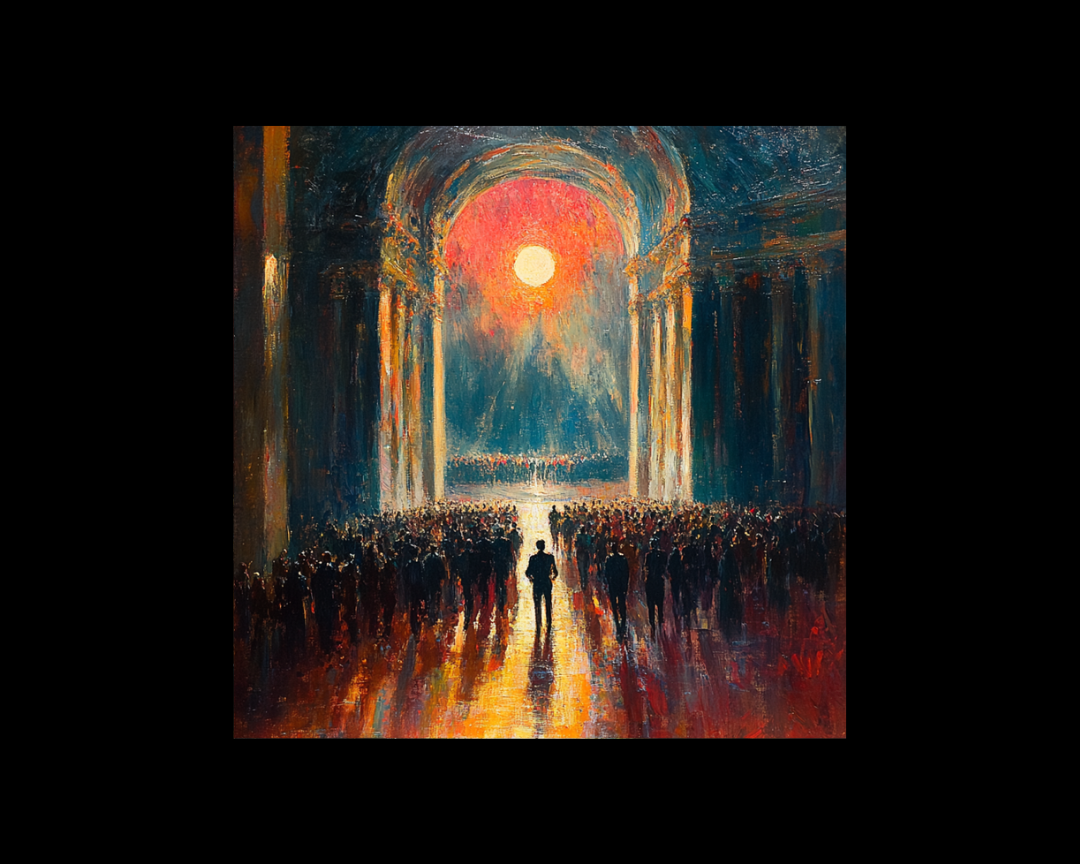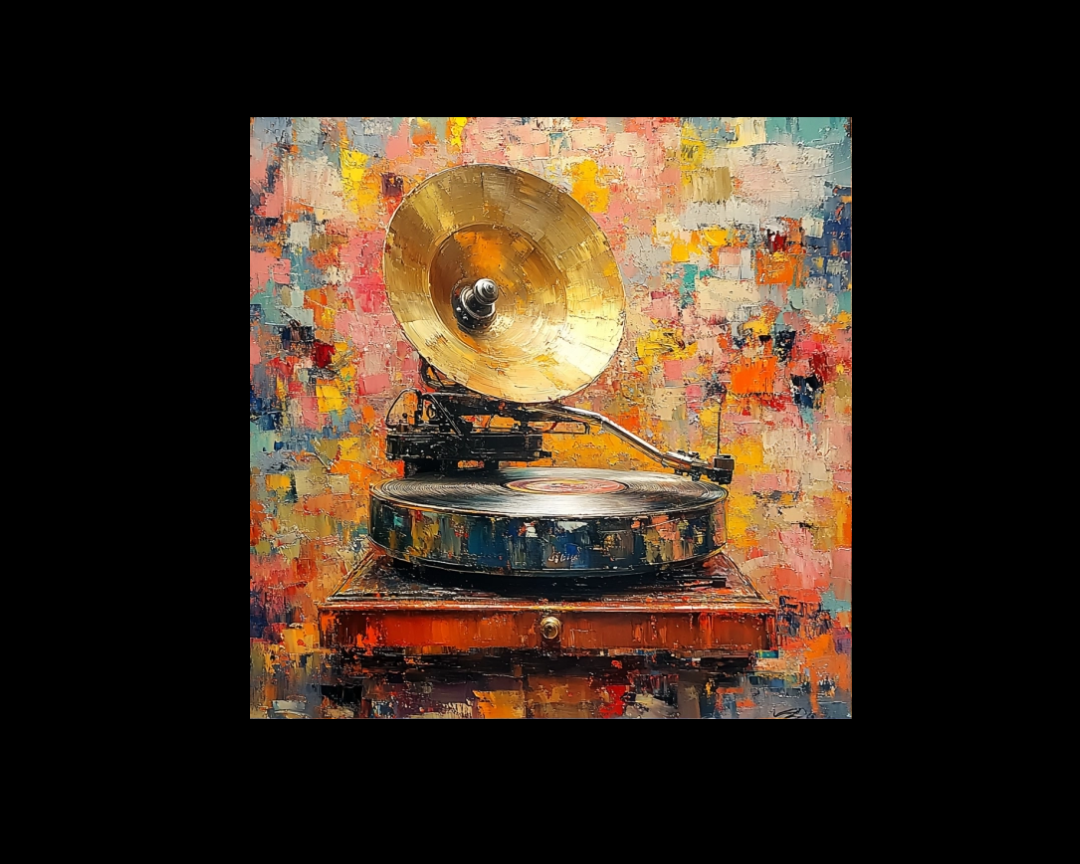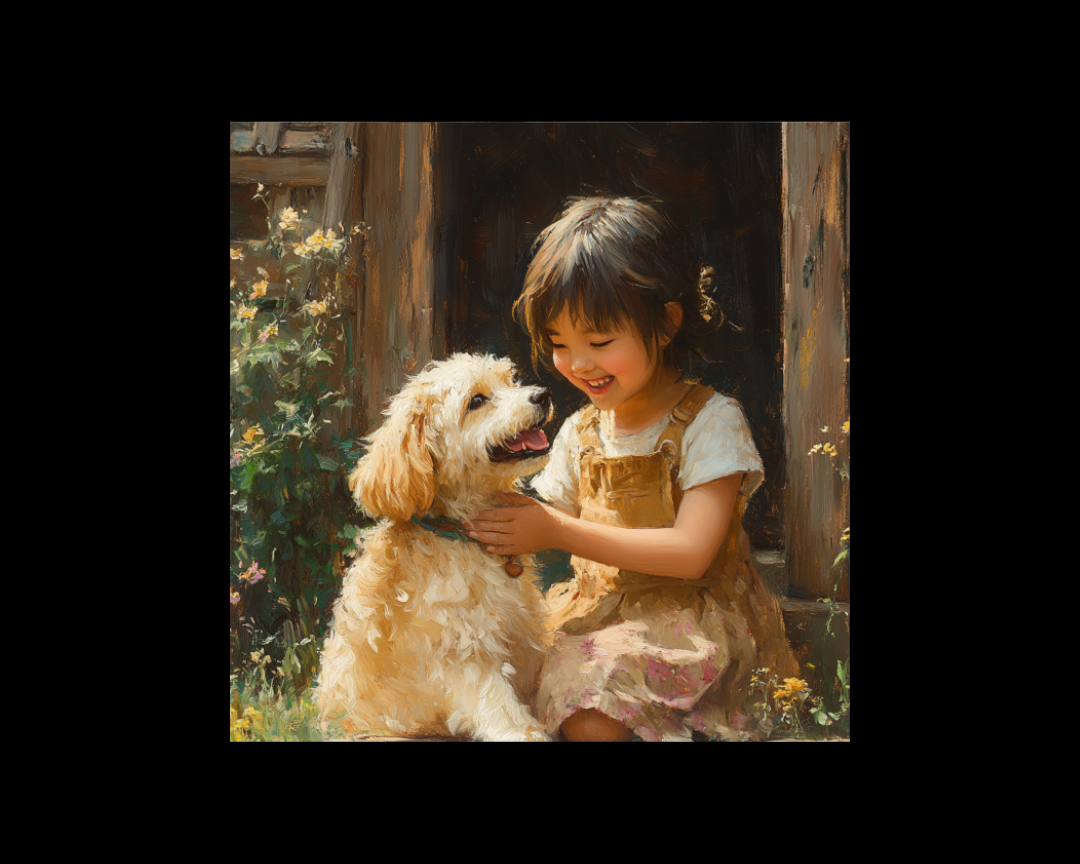Types of Tone: Exploring Distinct Writing Styles
Tone in writing is the attitude or emotional character that the author conveys through their words. It's a crucial element that can dramatically...
3 min read
 Writing Team
:
Apr 10, 2025 11:27:28 AM
Writing Team
:
Apr 10, 2025 11:27:28 AM

Story endings can be thrilling, rewarding, and, for many writers, intimidating. A strong ending must provide resolution, deliver emotional impact, and reflect the heart of the story. Whether you're aiming for ambiguity, tragedy, hope, or neat closure, the key is to ensure your ending resonates—both in plot and in feeling.
Genres influence expectations. A romance often concludes with emotional or literal union; a literary novel might leave threads open. But no matter the genre, your final chapter should deliver clarity, closure, or at least a meaningful sense of pause. You’re not just wrapping up events—you’re offering your reader a final impression that can linger long after the last page.
A great ending doesn’t have to tie up every plot point. In fact, the best endings often leave room for the reader to reflect, wonder, or carry the story forward in their imagination. Raymond Carver's short stories are masterclasses in this kind of ending—quiet, layered, and emotionally potent. His characters often arrive at a place of insight or emotional exposure that changes them, even if only slightly.
A powerful ending might offer:
Resolution: A sense that the central arc has reached its natural conclusion.
Insight: A moment of clarity or realization for a character—or the reader.
Resonance: Emotional weight that echoes the themes explored throughout the book.
Ambiguity: Open questions that leave space for the reader’s interpretation.
Stillness: A pause, rather than a period, that invites reflection.
Whether through revelation, surrender, irony, or poetic finality, your ending is a closing door that leaves the echo of everything that came before.
When nearing the end of your novel or story:
Review the emotional arc of your protagonist. Has there been growth or change?
Consider the story’s opening. Does the ending reflect or answer the beginning?
Ask yourself what feeling you want to leave the reader with: satisfaction, sadness, wonder, peace?
Read endings from your favorite authors. Let their rhythms and resolutions inspire you.
Many powerful endings offer no grand climax, but rather a quiet revelation—a small shift in understanding that feels seismic. It can be a moment of surrender, acceptance, or clarity. Often, the ending doesn’t provide solutions, but a frame for the questions the story has raised.
Sometimes, the gift at the end of the story is simply peace: a breath after the chaos, a sense that something has changed—even if only within the character.
These iconic final sentences show the breadth of what a great ending can do—from evoking sadness to defiance, from closure to ambiguity.
Classic Literature:
"So we beat on, boats against the current, borne back ceaselessly into the past." —F. Scott Fitzgerald, The Great Gatsby
"After all, tomorrow is another day." —Margaret Mitchell, Gone with the Wind
"He loved Big Brother." —George Orwell, 1984
"The old man was dreaming about the lions." —Ernest Hemingway, The Old Man and the Sea
Romantic Fiction:
"Are there any questions?" —Margaret Atwood, The Handmaid’s Tale
"At that, as if it had been the signal he waited for, Newland Archer got up slowly and walked back alone to his hotel." —Edith Wharton, The Age of Innocence
"But this is how Paris was in the early days when we were very poor and very happy." —Ernest Hemingway, A Moveable Feast
Literary Fiction:
"She looked up and across the barn, and her lips came together and smiled mysteriously." —John Steinbeck, The Grapes of Wrath
"Bearing him in his arms like a lamb, he re-enters the surgery... 'Yes. I am giving him up.'" —J.M. Coetzee, Disgrace
"But that is the beginning of a new story... but our present story is ended." —Fyodor Dostoyevsky, Crime and Punishment
Contemporary and Experimental:
"One bird said to Billy Pilgrim, 'Poo-tee-weet?'" —Kurt Vonnegut, Slaughterhouse-Five
"The knife came down, missing him by inches, and he took off." —Joseph Heller, Catch-22
"It begins like this: Barrabás came to us by sea..." —Isabel Allende, The House of the Spirits
Philosophical and Poetic:
"The offing was barred by a black bank of clouds... seemed to lead into the heart of an immense darkness." —Joseph Conrad, Heart of Darkness
"Old father, old artificer, stand me now and ever in good stead." —James Joyce, A Portrait of the Artist as a Young Man
The end of a story isn’t just about wrapping up events—it’s the final emotion you place in the reader’s hands. When the book closes, what lingers?
You may find that endings are not written all at once, but uncovered slowly, as the deeper layers of your story surface. You may write and rewrite the last paragraph a dozen times before it feels true.
And when it finally does, it won’t just be a conclusion—it will be a continuation of something you’ve built with care, page by page. It will whisper to the reader that your story was worth the journey.

Tone in writing is the attitude or emotional character that the author conveys through their words. It's a crucial element that can dramatically...
-1.png)
As a novelist, crafting a compelling story that keeps readers engaged from start to finish is your ultimate goal. One of the most powerful tools at...

Naivety is often perceived as a lack of experience or worldly wisdom, characterized by a certain innocence, credulity, or childlike simplicity. In...